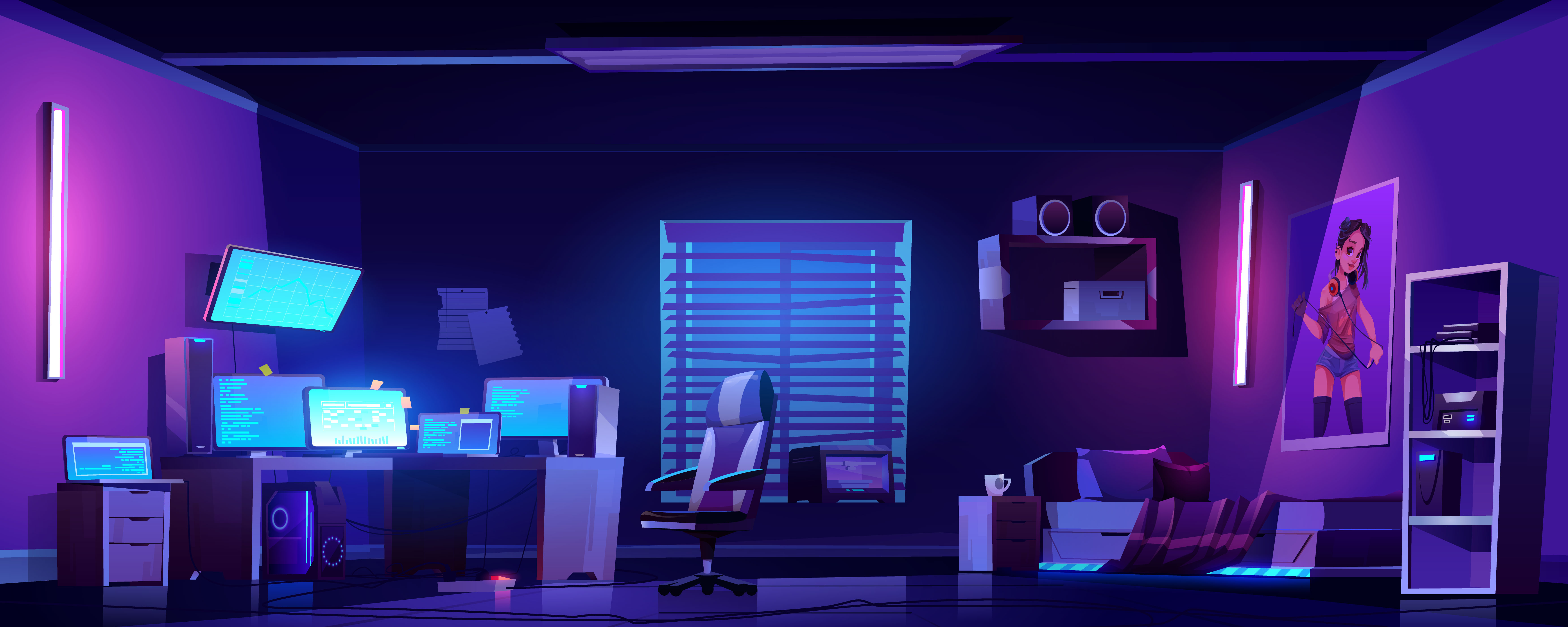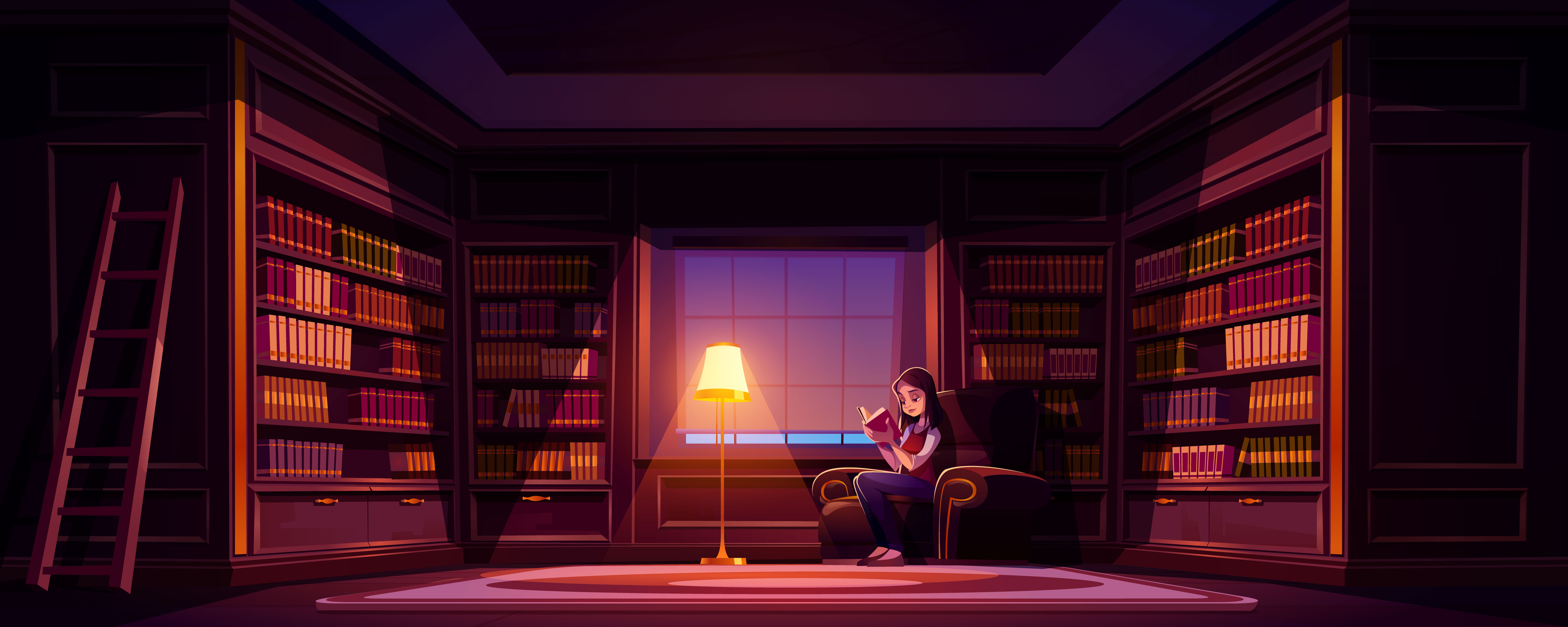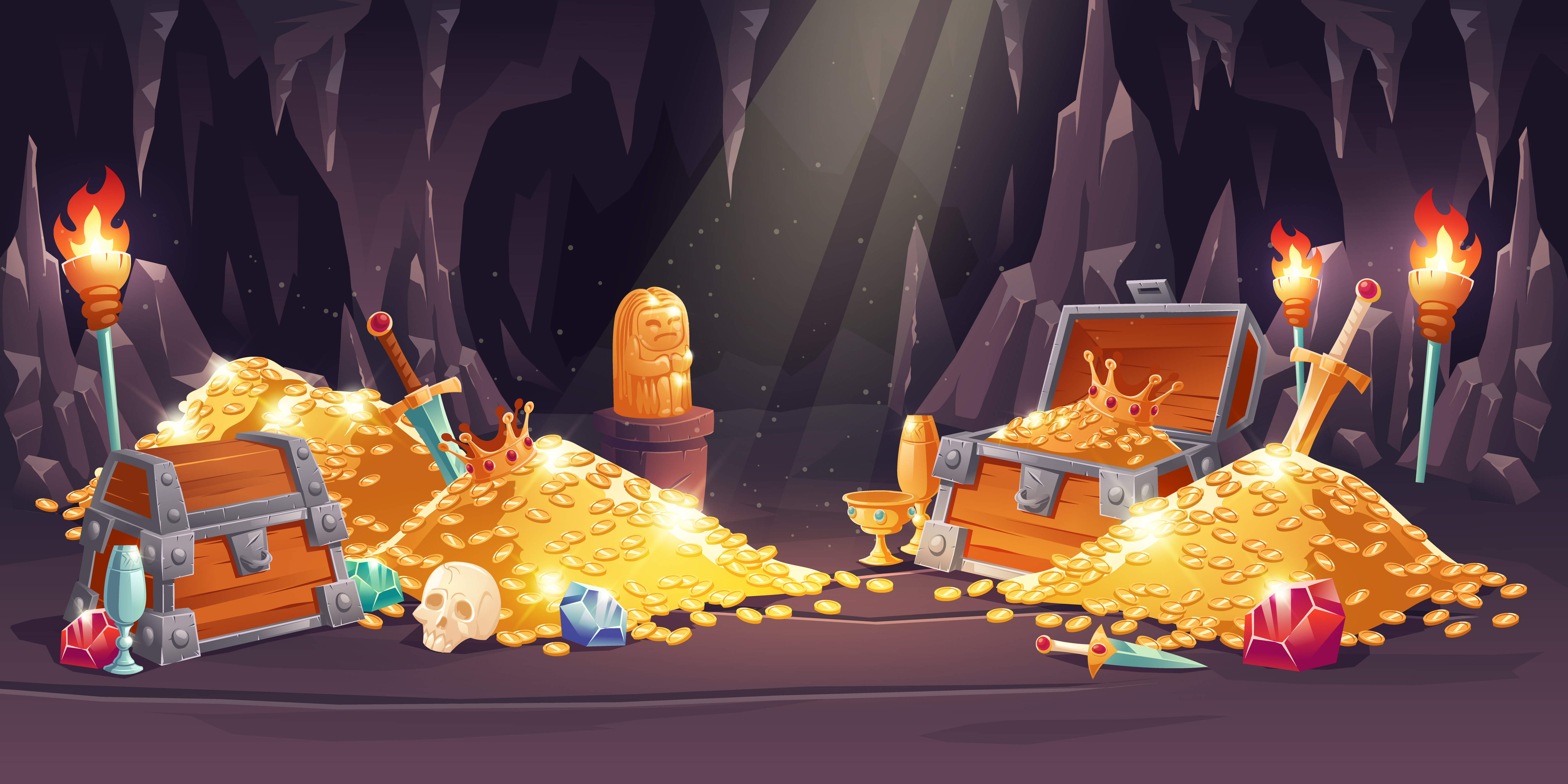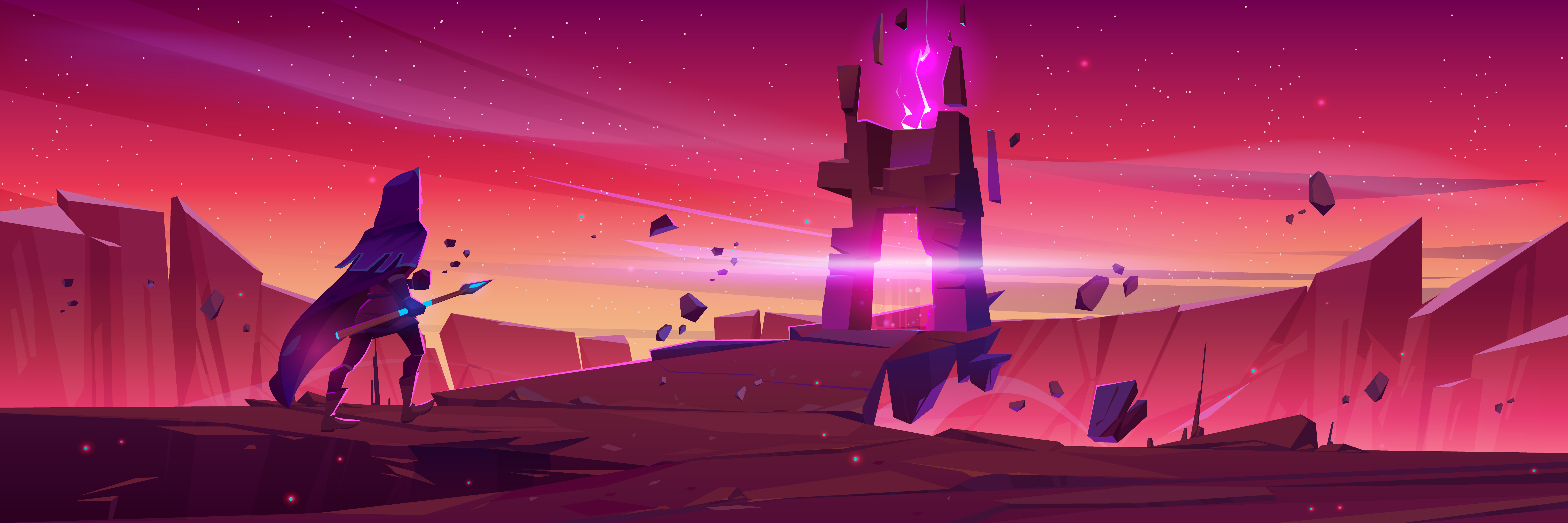
A place for games
Outrun Games: Our Mission
This space exists to talk about games. We will analyze games as critically as possible to elevate them to their full potential, talk about their design and development from the conception of an idea, form mechanics, and program it.
The ramblings found here will include a little bit of life from many different angles and how they relate to gaming. Our journey will take us through behavioural biology, psychology, interpersonal relationships, economics, aesthetics, ethics, human-computer interactions, and much more. We will question why we do anything and try to find better ways of doing the things we do.

We are doing this because we believe there is a need for a more academic analysis of games, from tabletop games to PC games and console games, and even mobile games. We need to tie the concepts within these games to their impact on society and vice versa. In doing so, we will examine how the environment of designers, developers, and players shape ideology within games; how we form expectations of games and how that changes our views on the world; and what this means for the future of gaming.
We are undertaking this endeavour fully conscious that there is a general attitude - from gamers and non-gamers alike - towards gaming that does not take it seriously. Many regard gaming as either a form of mindless entertainment or an art form beyond criticism, emphasizing how the player perceives it, ignoring its creator's intent. What gaming means to society and its importance is becoming a critical discussion point as more get into gaming and develop more games, adding to an already humongous sea of them. Each development team tries desperately to get their game noticed, picking mechanics and moulding gameplay in ways that might not necessarily result in a "good" game.

There will be many complex topics to work through on this journey. For example, a shift towards considering games as art already assumes that they were never art before. The implication of such being that, practically speaking, a delineation between artistic and non-artistic games will occur. For example, Chris Crawford defines the difference by stating that "creative expression is art if made for its own beauty, and entertainment if made for money." Others, such as Greg Costikyan, use "art" to generally describe games: "A game is a form of art in which participants, termed players, make decisions in order to manage resources through game tokens in the pursuit of a goal."
Regardless, games that make liberal use of dark patterns to make profits will not be analyzed as art anywhere near as much as walking simulators with politically correct narratives, no matter the definition of a game. The former imparts no provocative or stimulating feelings to the player beyond its self-contained loop, whereas the latter often does despite not making any apparent waves.

However, we are still susceptible to society's shared ideas and norms and may not see certain inherently political statements a game makes. Often, we are not even aware of what constitutes a political statement, thus making it impossible for us to recognize them. Except when such a declaration blatantly disagrees without our own beliefs, only then does it become "political," and we request that politics do not infringe on our games.
On the one hand, a moving dramatic narrative might stir our emotions as we immerse ourselves fully into the main characters' plights and their journey. Yet, a game created purely out of the desire for profits that pulls us in with a nostalgic or famous brand won't infuriate us even though it very well should. While it is not uncommon to see complaints about such exploitative mechanics, players continue to engage with these games. The potential harm is often not deemed severe enough to enforce the sweeping changes that might be necessary to regulate such games' availability, and the responsibility to not engage is dumped entirely on the player.

As you can see, we have a lot to unpack, but it will be worth it. Games mean a lot to us, and we would love for them to grow and reach their full potential. Therefore, we will do our best to critically examine games, their impact on society, and vice versa. We will look at the design and development of games, push the boundaries of the medium, avoid stifling our creativity by sticking to norms, partaking in morally questionable tactics, and merely iterating on what already exists.
If this sounds as much fun to you as it does to us, then you have come to the right place. Welcome to Outrun Games.